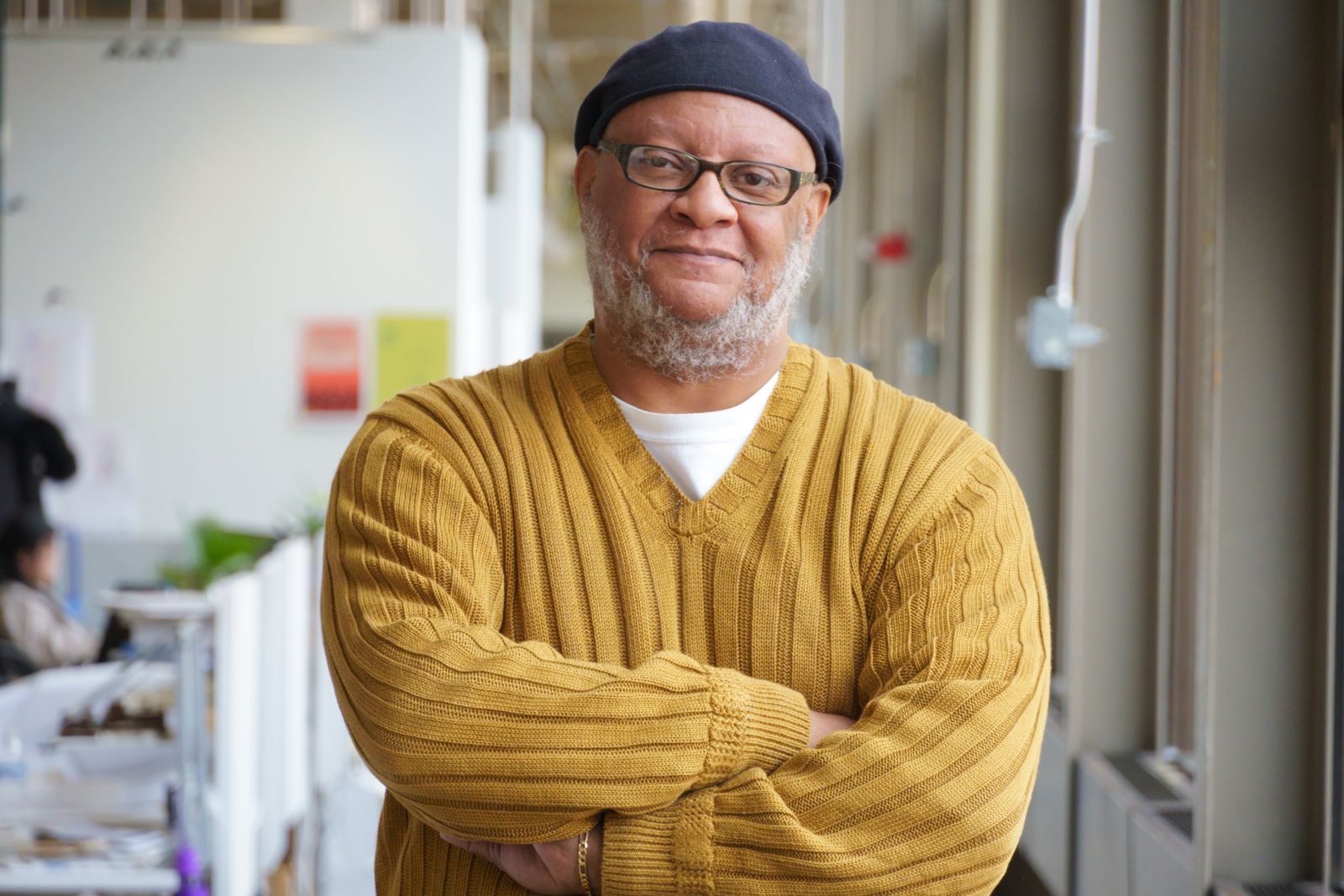
Craig Wilkins
Associate Professor
A. Alfred Taubman College of Architecture + Urban Planning
Being your best DEI self: Think of a time when you were at your best at advancing diversity, equity, and inclusion. What happened? Who was there? Why did you feel at your best?
I will share but two of the many I could write in this space:
- I’ve taught a class in design activism and social justice for at least 8 years now. One of the many topics we discuss is the field’s deplorable record on racial and gender issues. I encourage each class that they are the future, to be the change they want to see. I entreat each to recognize the power he, she, or they have to enact change in the study and practice of architecture. So it was especially satisfying in 2020 watching a cadre of past and current course students take that challenge to heart and organize to push for DEI change in the college. It was even more satisfying when co-organizers Serena Brewer and Emily Ebersol were awarded the MLK Spirit Award in 2021. I was touched and gratified when in an article celebrating their award both mentioned that class and support as key to the success of their initiative.
- In 2006 I began an after-school program in Detroit for high school students traditionally underrepresented in the field of architecture. Over 8 years we graduated over 100 students, garnered support from the National Endowment of the Arts and a $100,000 gift from one of the most successful Black architects, Michigan alum Howard Sims. The University of Michigan, University of Detroit Mercy, Lawrence Technological University, Hampton University, and Central Michigan just a few of the design programs graduates would go on to attend. It ultimately evolved into what is currently Michigan Prep, a fully funded, full time semester-long partnership between Taubman College + Detroit Public Schools that grants high school and college credits to attendees. As it is all voluntary, I am proud of every single student that chooses to participate in the program. For me the goal was always to provide options of students’ future, even if college or architecture were not part of that future. Every student needs someone supporting their ambitions, whatever they might be. I am honored many contact me every now and then to share life and career highlights, as well as to request the occasional letter of recommendation.
Wishes for the future: How would you imagine your environment needing to be for you to feel that you don’t have to do DEI work anymore?
This work is ongoing and always/already necessary. There is such a gap between here and equity that to even consider an end is in my mind, folly. There is way too much that needs to be accomplished in so many areas of the university, other institutions, and in society that even if such was possible, the path smooth, and the workers dedicated, it would take beyond my lifetime to be fully successful, I would think. And that trajectory does not include forces that resist the work; that are satisfied with the status quo. At best, I would hope that DEI efforts simply become efforts; not special but simply expected. But even then, the work wouldn’t end. So, I am unclear how to answer this question.
What does it mean to you to be a recipient of the MLK Spirit Awards?
Again, in truth, I am not sure how to respond. I remember the first time I saw my mother cry was when she received the news of Rev. Dr. King’s death. She was in the living room sitting on the coffee table (an absolute no-no in our house) as close to the television as she could, tears streaming down her cheeks. I was 7. That moment has been with me to this very day. I grew up in Chicago; my father was a member of Jessie Jackson’s Operation Breadbasket, which eventually became Operation PUSH, and then the Rainbow Coalition. So I understood early on the need – if not duty – to work towards justice. 10 years later, I joined the same fraternity as Rev. Dr. King, in part because of that moment with my mother. I respected and admired him and adored my mother, so to be a small part of that portion of his life was important. I think both my mother and father, both of whom have recently passed, would be proud that I’ve been so recognized. In many ways this award is more theirs than mine and a most appropriate way to honor their legacy in me.
